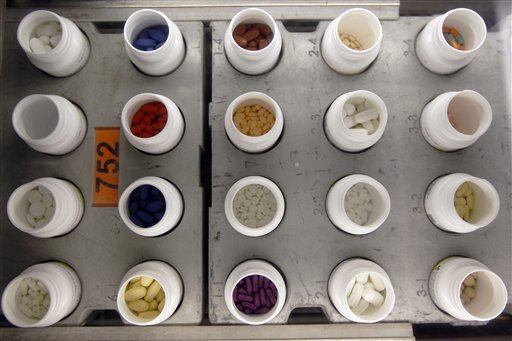With a few clicks of the computer mouse and taps on the keyboard, Washington pharmacists and practitioners now can find out which controlled substance medications their patients have been prescribed — even those given by other doctors.
Last week, pharmacists and practitioners gained access to the Washington State Department of Health’s new prescription monitoring program, a secure statewide database that tracks prescriptions for pain medication and other controlled substances.
The state began creating accounts to track patient prescription information last month. Since then, the most dispensed drug has been hydrocodone/acetaminophen, the generic form of Vicodin. The drug accounted for more than 800,000 prescriptions and 44 million pills, according to the Washington State Department of Health.
The goal of the program, according to health officials, is to prevent “doctor shopping” and address issues of misuse, identify dangerous drug interactions and recognize undermanaged pain or the need for substance abuse treatment.
“Keeping track of people’s medications improves patient safety and care,” state Secretary of Health Mary Selecky said in a news release. “The system is an effective tool for prescribers that also protects patients.”
Electronic reporting
State law requires licensed pharmacies and practitioners who dispense controlled substances in the state or to Washington addresses to electronically report the outpatient prescription data. The program does not collect hospital inpatient data. The law pertains to all prescriptions of Schedule II, III, IV and V controlled substances, which includes certain tranquilizers, stimulants and pain relievers.
The monitoring program collects the patient’s name, address and date of birth; the pharmacy and prescriber information; the prescription drug name and dosage; and the prescribing and dispensing dates.
In addition to physicians and pharmacists, the department of health provides access to the system to the state’s professional licensing investigators, Health Care Authority, Department of Labor & Industries, and Department of Corrections.





